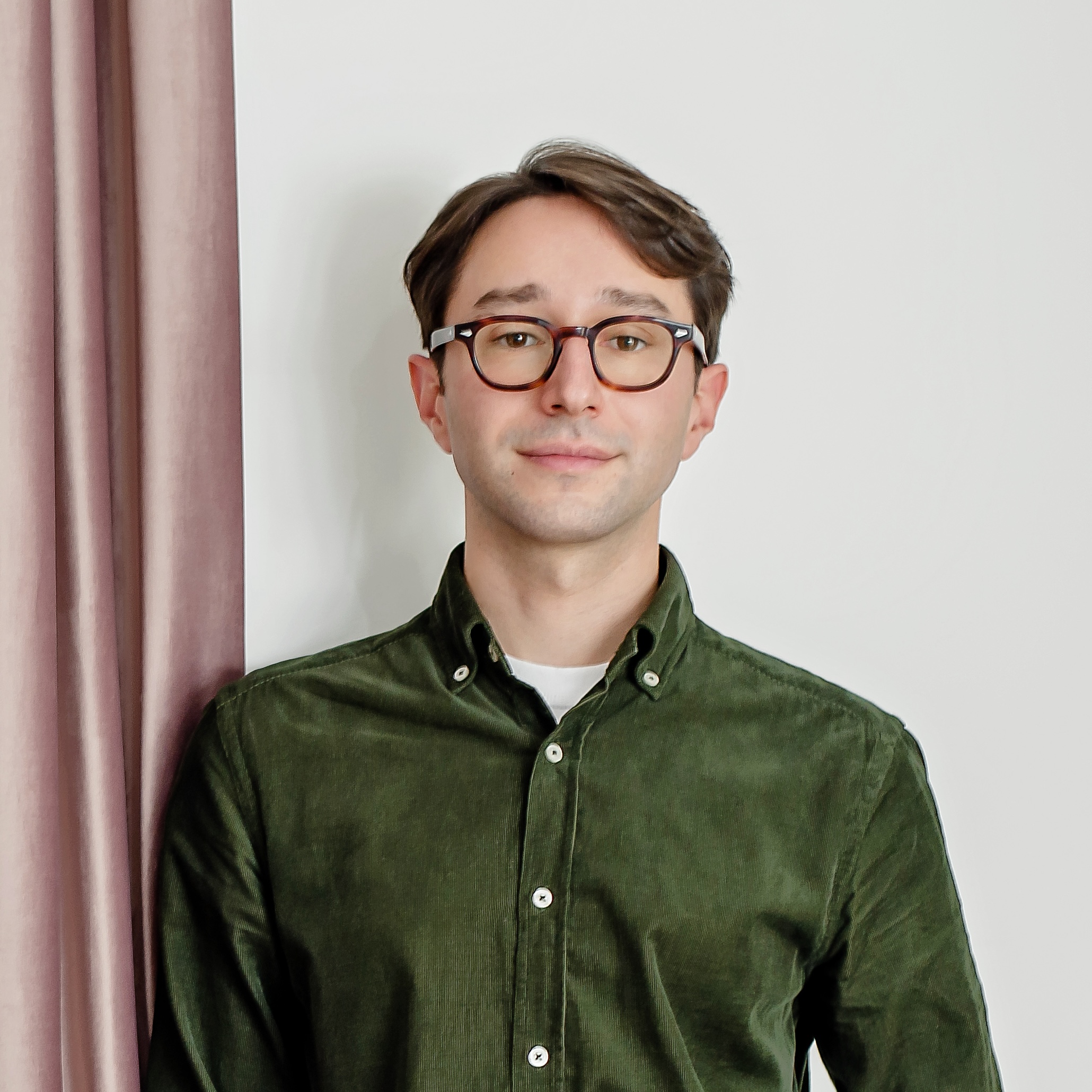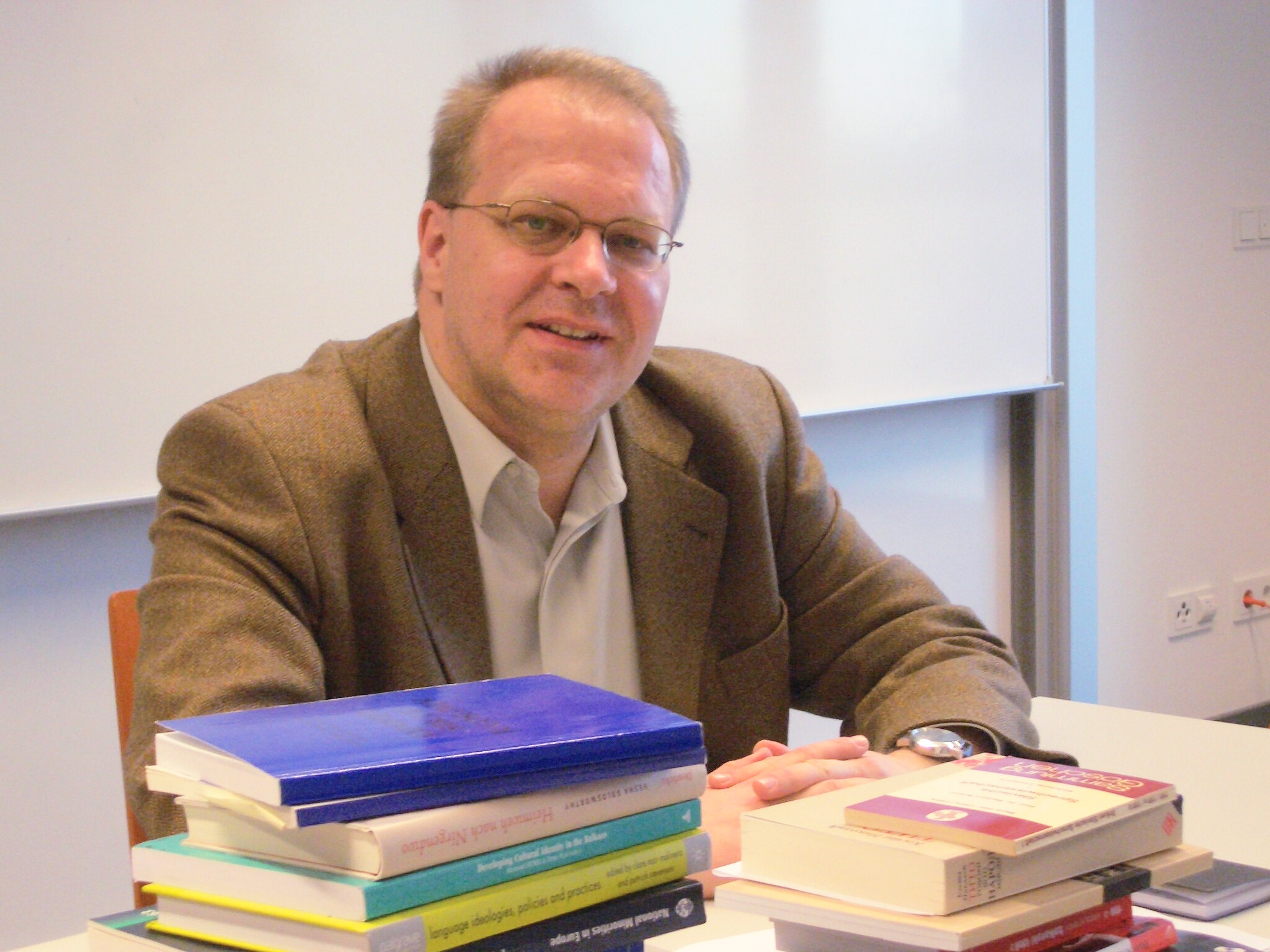On Thursday, April 15th at 10 am (CET) we continued with “CAS SEE Weekly Seminar with Guests”, where we welcomed Josef Djordjevski whose presentation tracked the development and consequences of the idea that the Eastern Adriatic coast and its adjacent sea are “clean,” an idea that developed under Yugoslav socialism that has carried on into the 21st century.
The Coast is “Clean?”: Managing Water on the Eastern Adriatic Coastline of Yugoslavia and Croatia, 1972-2003.
Examining the processes by which different stakeholders at multiple levels of society sought to keep the Adriatic Sea “clean,” Djordjevski argues that the idea of cleanliness led to a contradictory approach to managing water on the coast. On the one hand, impressive attempts at environmental preservation and sustainability were initiated to keep the sea clean, while on the other hand, negative exploitative measures that seriously jeopardized the ecological health of the sea and the human populations living along the coast occurred. These mixed results were further complicated by conflicts within society over how the sea was perceived and treated and how the water was to be managed, as well as the role of the environment itself, which often showed its own active role in coastal management by exposing limitations.
By the late 1960s, the fragile but attractive eastern Adriatic coastline had experienced a wave of mass tourism that conflicted with industry and urbanization. In 1972, the leadership of socialist Yugoslavia initiated a project known as Adriatic III, which included a grandiose study to determine the environmental state of the coast. Leaders and stakeholders in the development of the coast unanimously concluded that their side of the Adriatic Sea was “clean” and in an ecologically healthy state. To them, this had a double meaning—on the one hand, it meant that conditions were ripe for further development, while on the other, it meant that protective measures needed to be put in place in order to keep the sea healthy and attractive. In essence, they devised a blueprint for sustainable development years before the term entered into common usage, but also established grounds for exploitation. The development of the idea of the Adriatic being a “clean” sea is one that has carried on into the present, with post-socialist Croatia also heavily relying on the notion to brand itself and attract tourists.
Josef Djordjevski is a Ph.D Candidate in History at the University of California, San Diego. His dissertation, advised by Professor Patrick Patterson, is an environmental history of the development of tourism on the Adriatic coast, and is based on research he compiled during the 2017 and 2018 academic years, funded by the University of California Chancellor’s Research Excellence Scholarship.
Watch the CAS SEE Weekly Seminar with Josef Djordjevski




